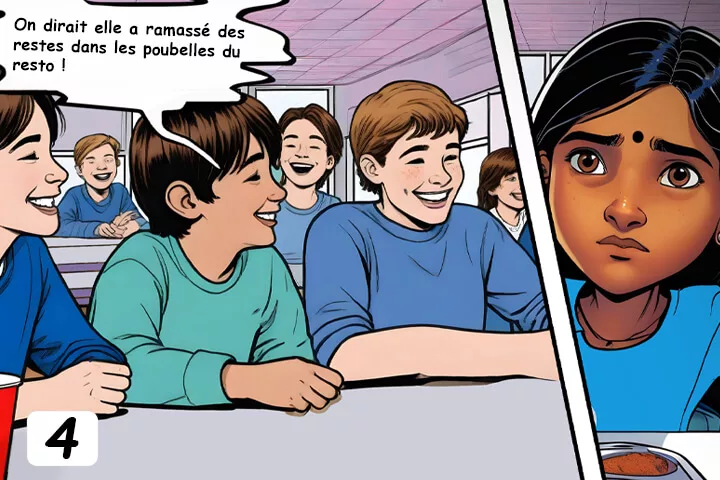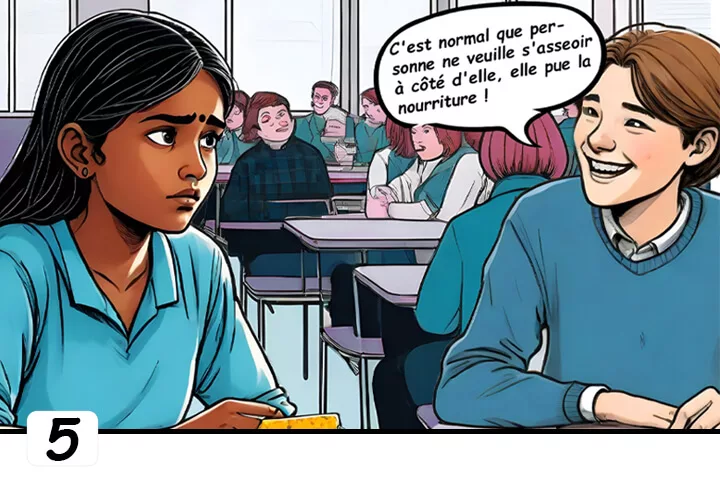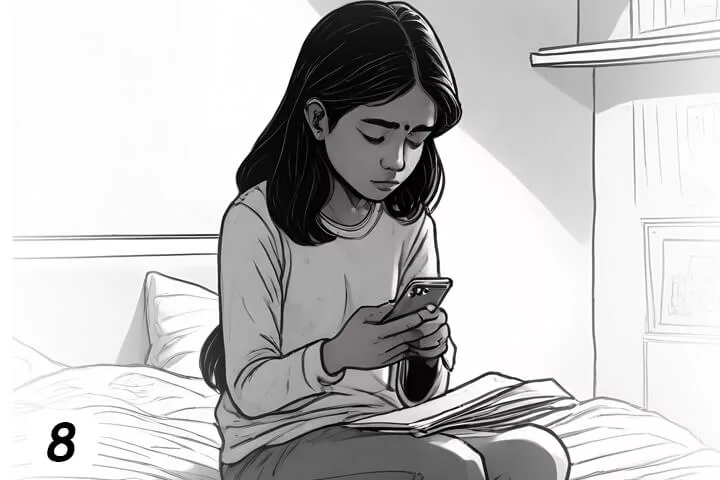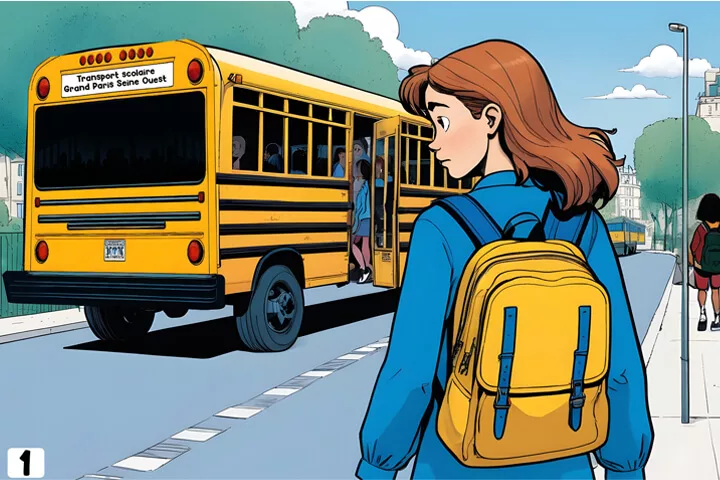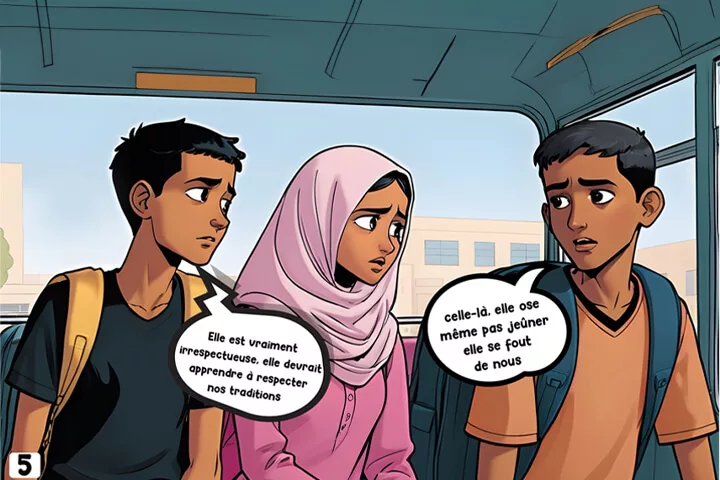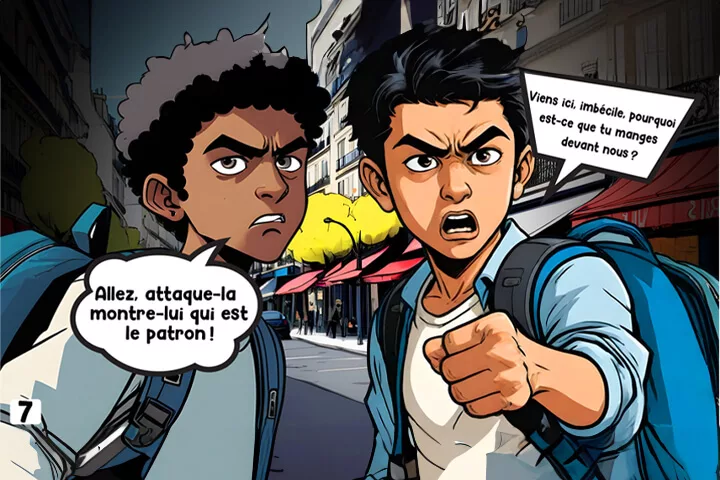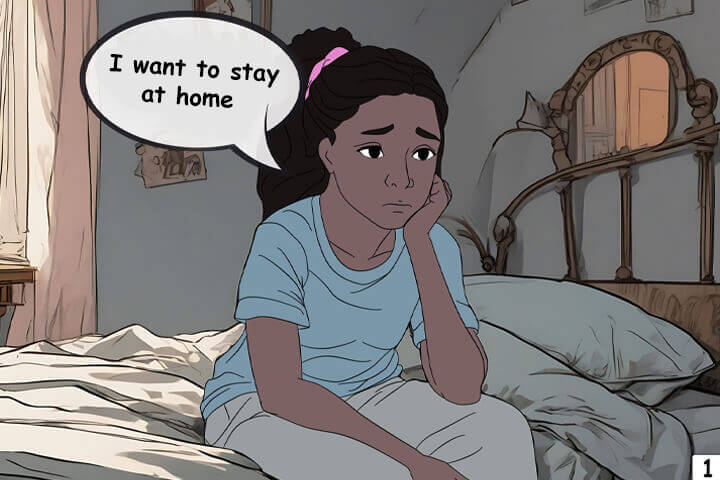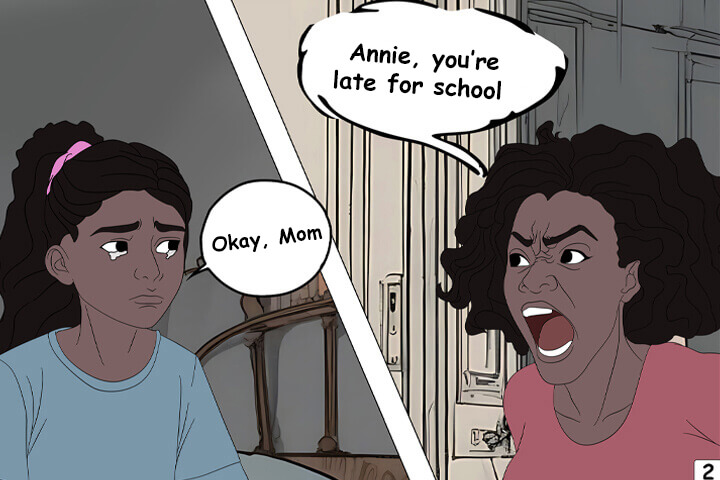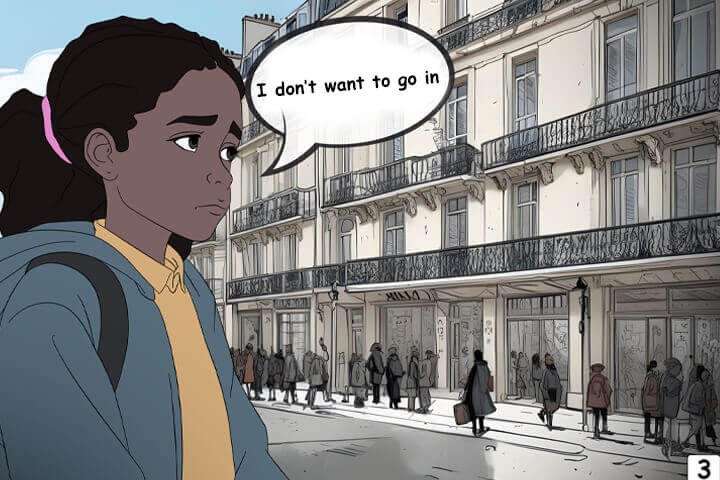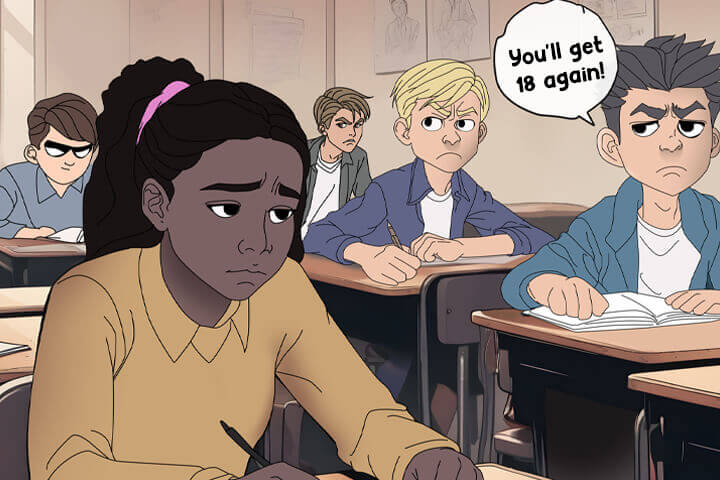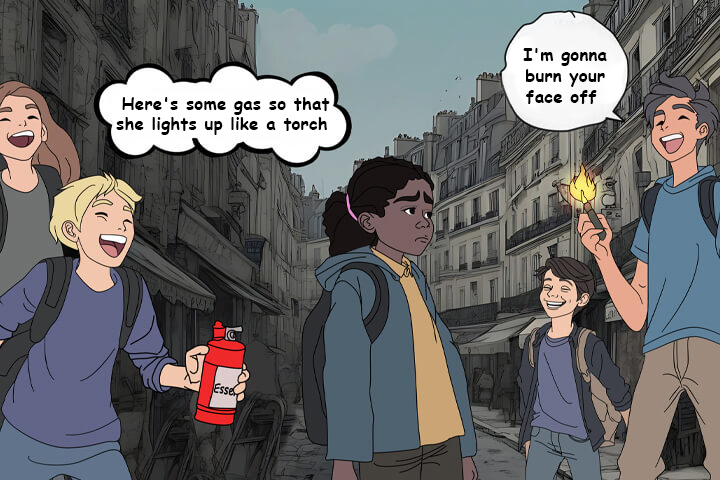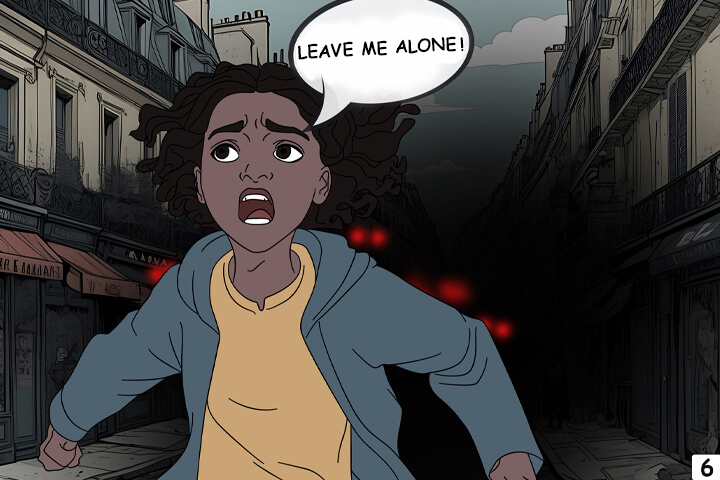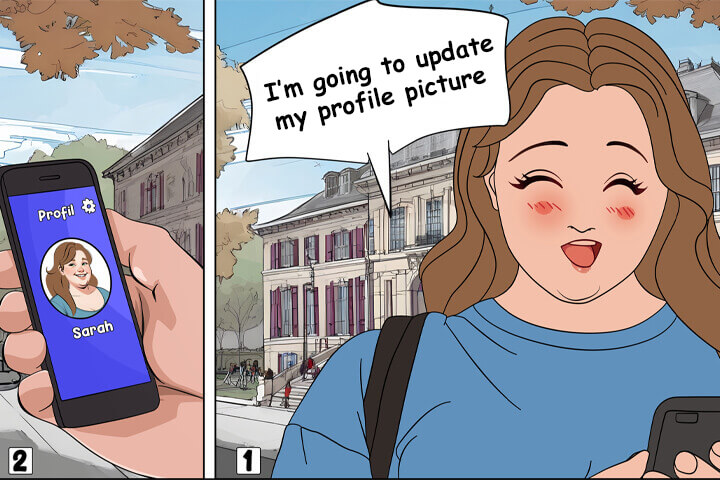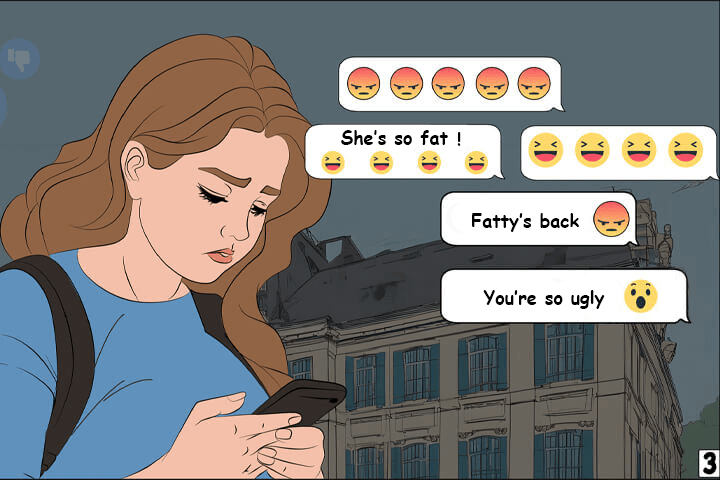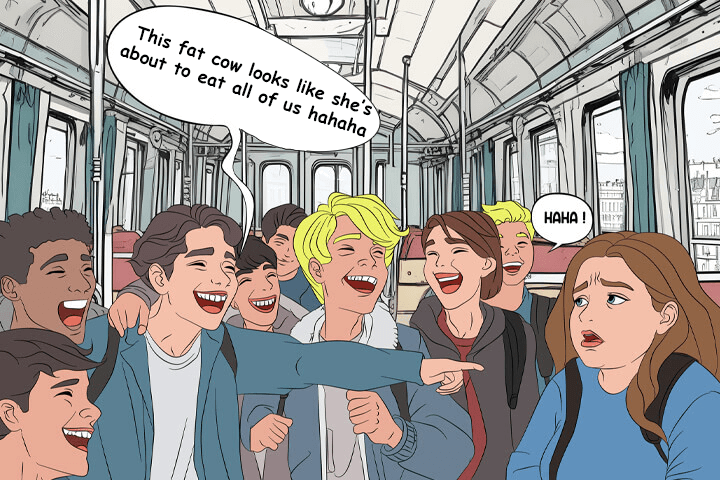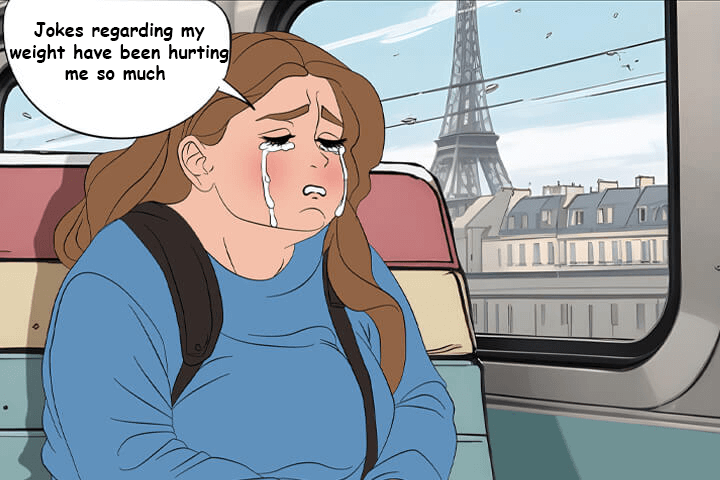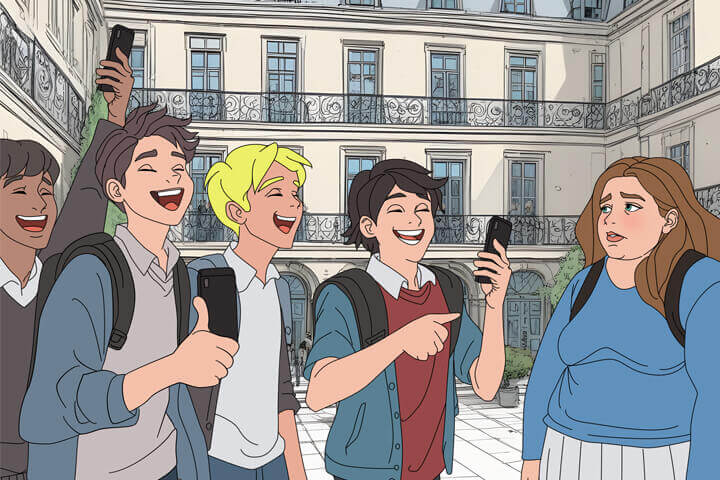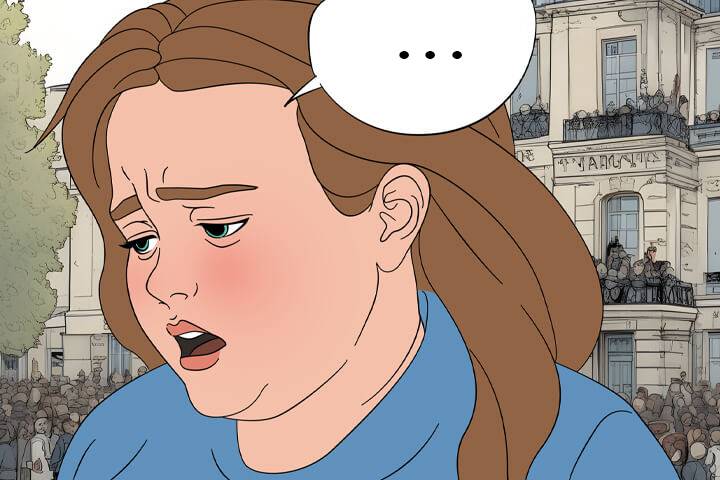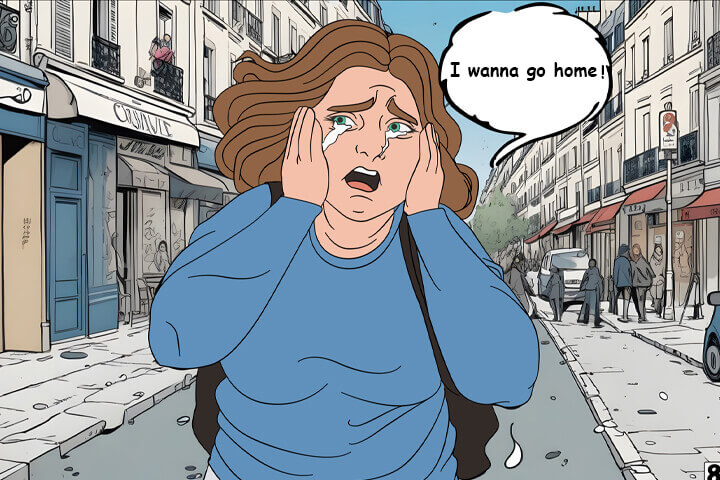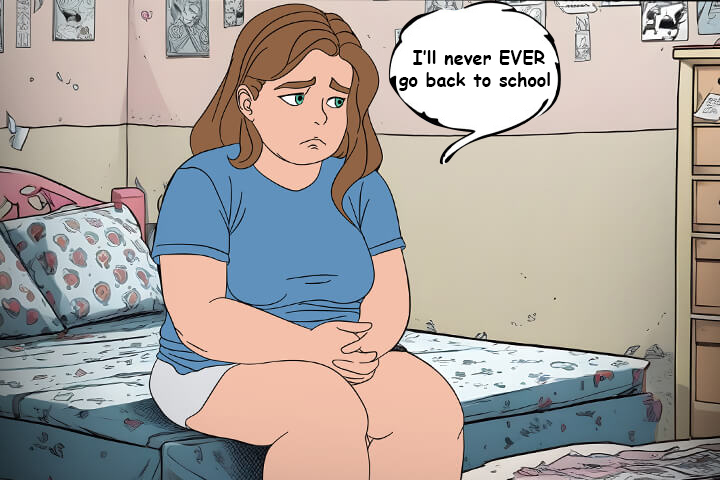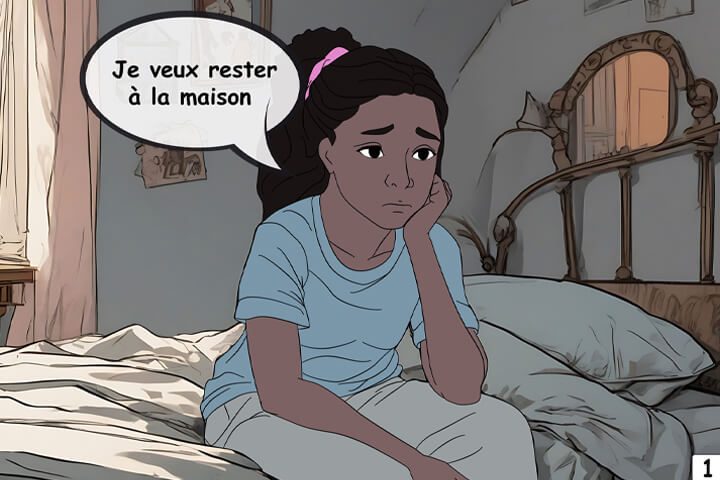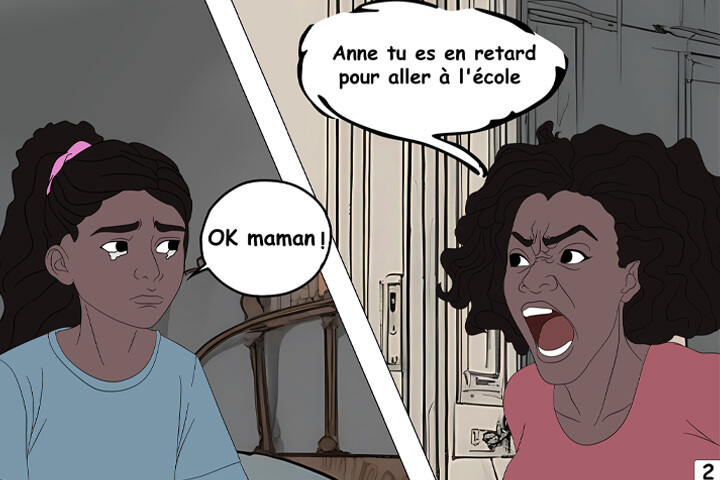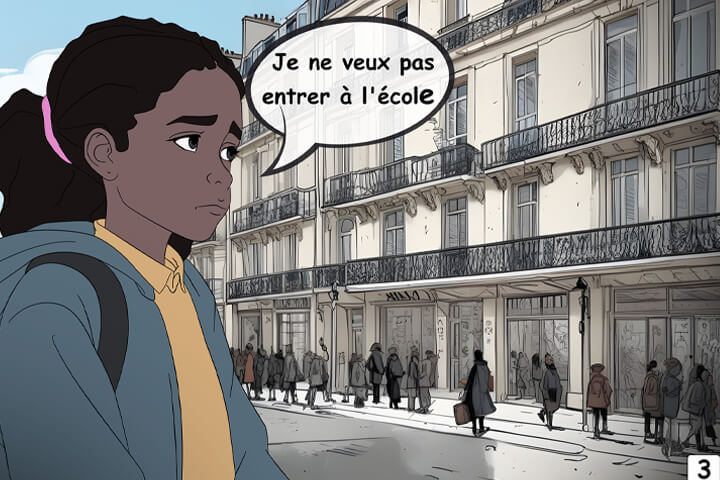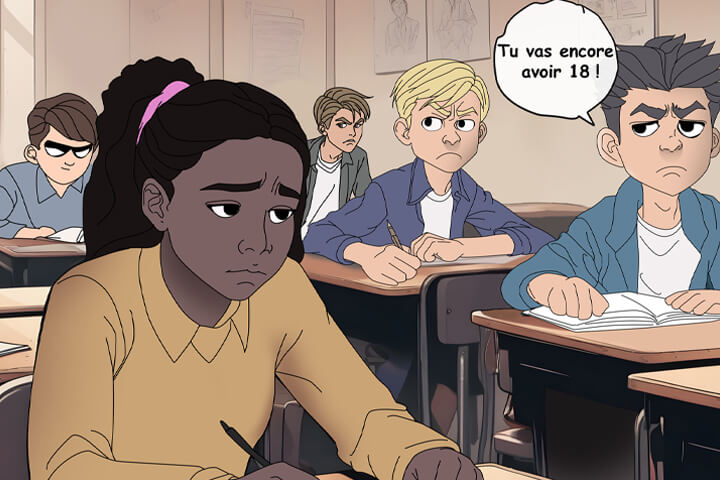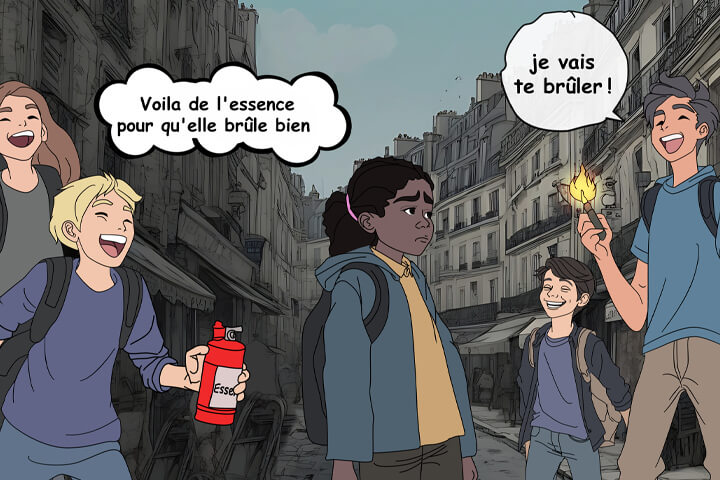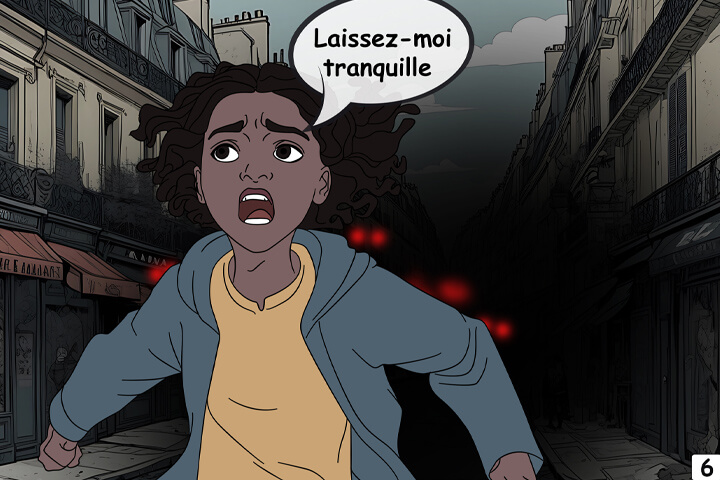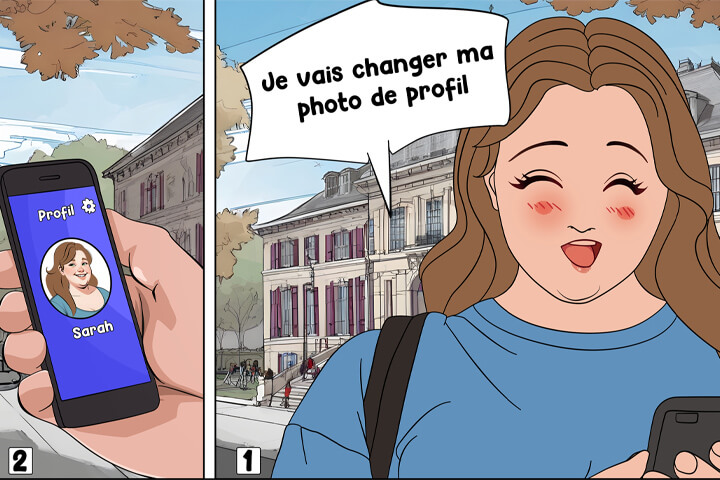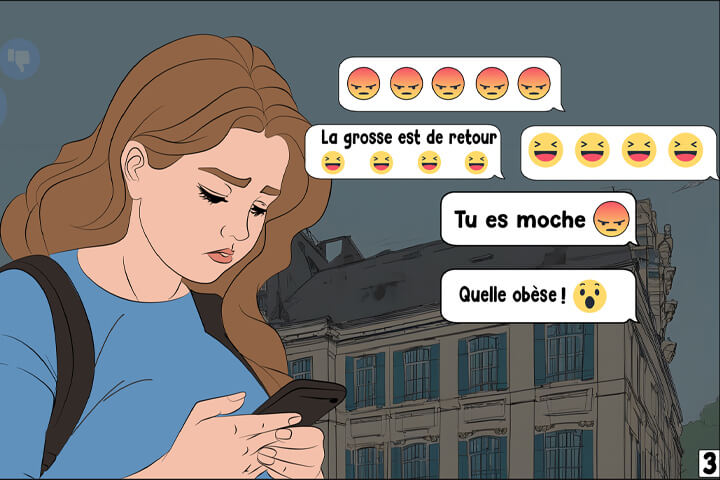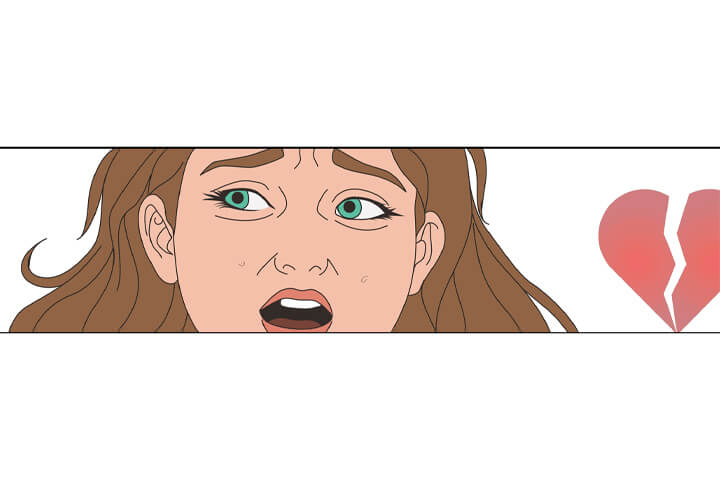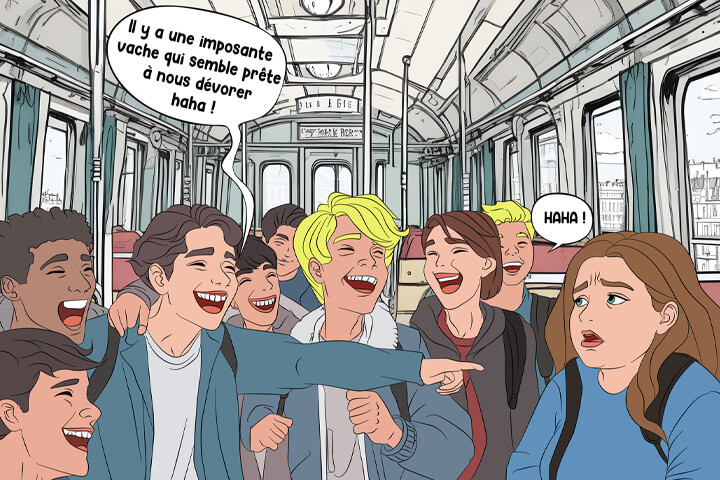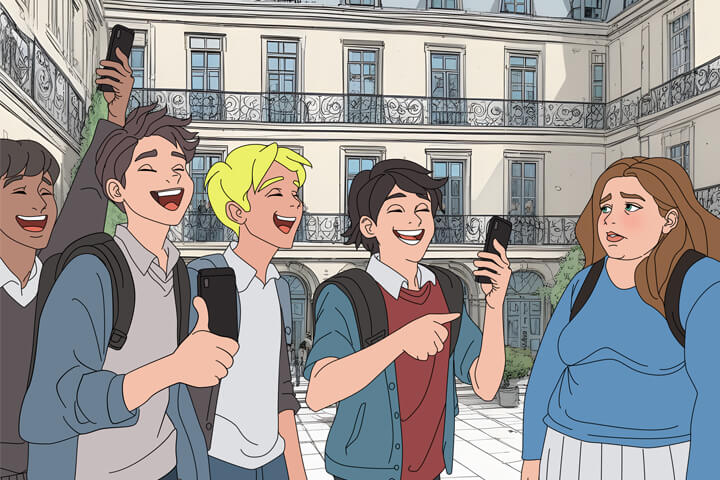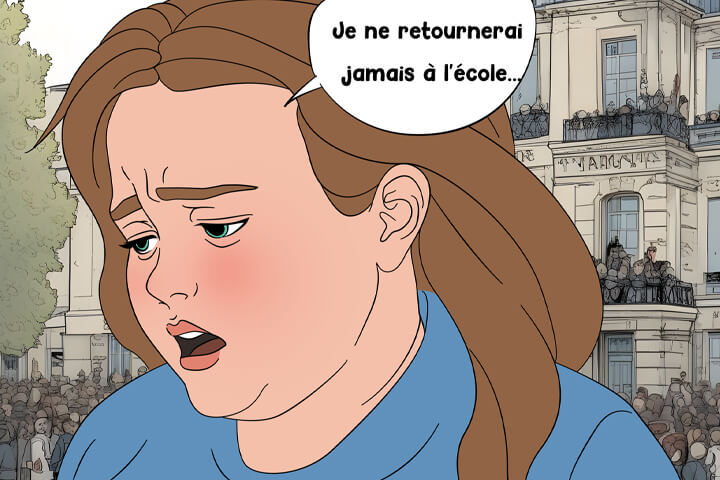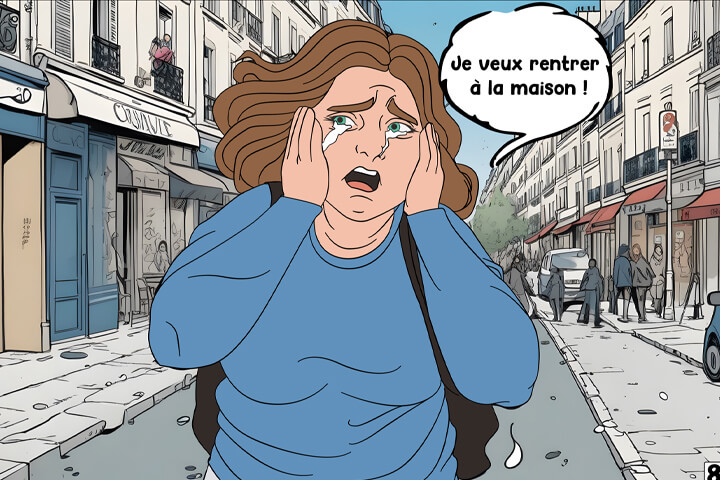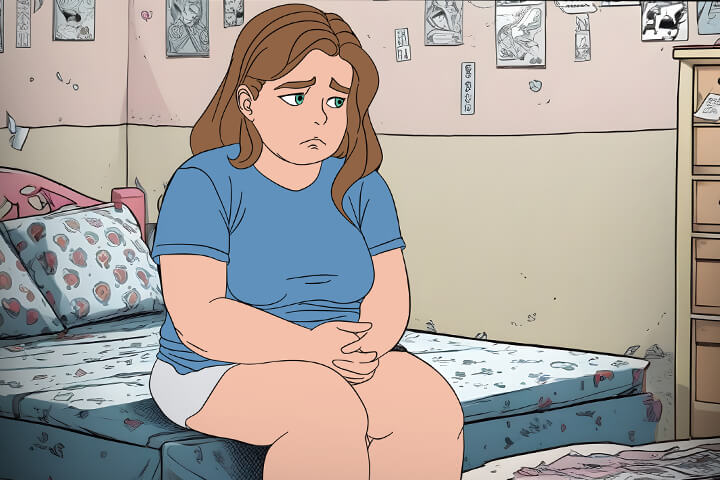Silent Violence: The Psychological Impact of School Humiliations
School is often portrayed as a space for learning, the transmission of knowledge, and empowerment. Yet it can also become the stage for symbolic and psychological violence inflicted by those who are supposed to guide and protect. Among these forms of educational mistreatment, humiliations at school—often verbal and inflicted by teachers—constitute a phenomenon that is both frequent, insidious, and largely underestimated
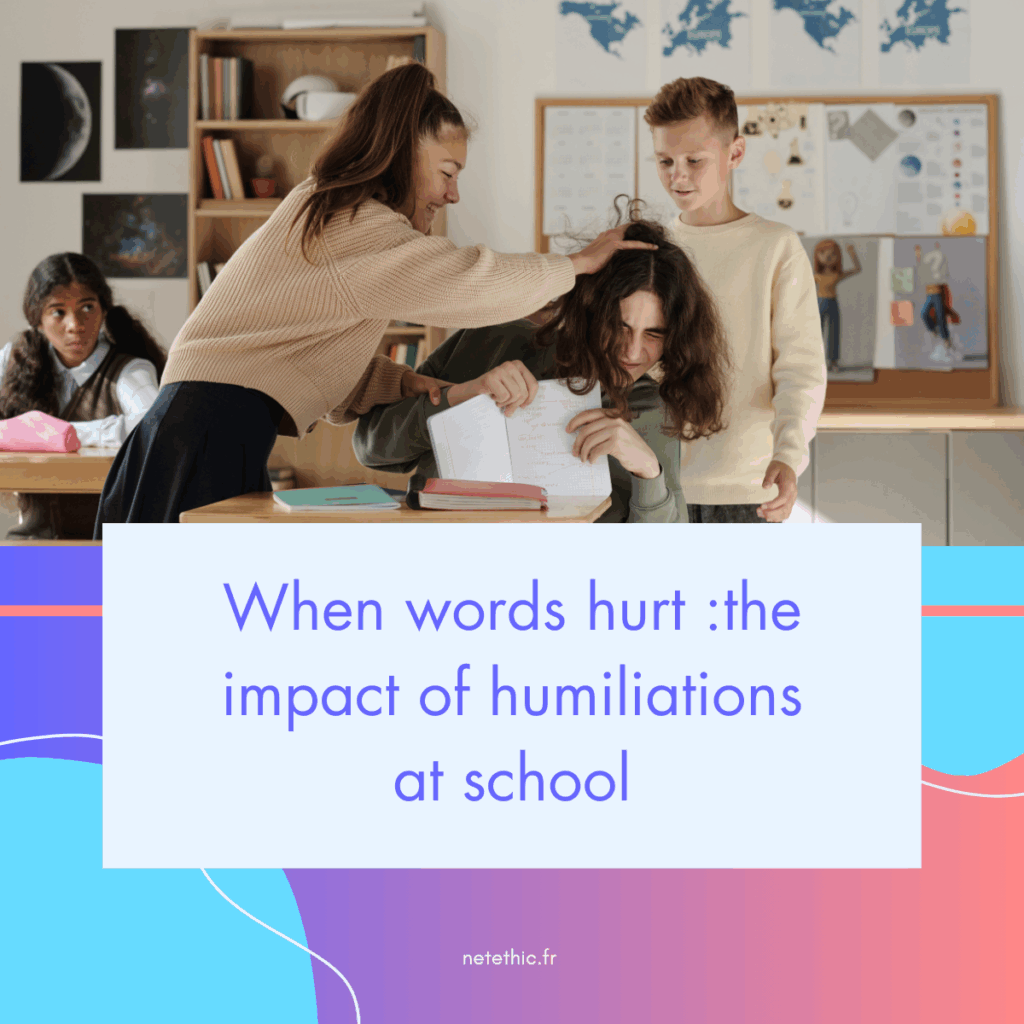
Words That Wound: Between Sarcasm, Mockery, and Derogatory Judgment
Scientific literature in psychology shows that negative remarks, when delivered publicly and repeatedly, have a profound impact on a child’s development. These micro-violences, referred to by Agnès Florin as ‘ordinary educational violence,’ can lead to lasting loss of confidence, affect working memory, and inhibit the executive functions necessary for learning.
Typical testimony:
Élodie, now an adult, recalls the humiliation she suffered in ninth grade from a mathematics teacher. Called ‘stupid as donkeys,’ her grades collapsed—not due to incompetence, but through emotional self-sabotage. Her professional dream, connected to the medical field, was abandoned following this experience.
Self-Esteem as a Driver (or Barrier) to Academic Success
Contemporary research in educational sciences agrees on the central importance of self-esteem in learning. According to a study published in Éducation & Formations, confidence in one’s cognitive abilities is an essential condition for school engagement. Stigmatization or demeaning comparison—such as in the case of Marouane, ridiculed for not matching his brother—undermines this fragile connection to school.
Corroborating data:
A 2021 UNICEF survey conducted among 25,300 young people in France reveals that more than 55% experience anxiety about academic failure. This stress is heightened by an educational climate perceived as hostile or unfair.
Verbal Violence as Institutional Violence
Since the 2019 reform of the French Civil Code (Article 371-1), French law prohibits physical and psychological violence within the framework of parental authority. This provision should logically also apply to the school setting. Yet reporting mechanisms remain weak, and teachers often benefit from implicit impunity. This gap between law and practice reflects a cultural tolerance for forms of ‘tough pedagogy’ or authoritarian verbal discipline.
Can Humiliation Be Turned into a Driving Force? A Resilient Illusion
Some testimonies, such as Nadia’s, show that certain students can transform humiliation into motivation. However, this resilience depends on strong family support and an already high psychological capital. As Florin (2022) points out, these are exceptions, not a reproducible model.
Conversely, cases such as Dimitri’s illustrate the drift of a compensatory response: an obsessive physical activity triggered by the mockery of his physical education teacher. While this reaction was socially valued, it was accompanied by lasting psychological disorders and costly medical follow-up.
Discrimination and Targeting: An Intersectional Issue
Verbal attacks disproportionately target students perceived as vulnerable: girls, racialized students, shy students, or those struggling academically. These students, often less likely to retaliate or to be defended by those around them, endure a double-edged violence: both educational and social. Such silent discrimination fits into a logic of differentiated power, often tinged with sexism and everyday racism.
Humiliations at School: Towards Institutional Recognition and Prevention Policies
It is urgent for French educational policies to align with practices already implemented in other European countries, where educational mistreatment is more effectively regulated. This requires:
Systematic training of teachers in compassionate communication and emotional regulation;
The establishment of mediation units within schools;
Institutional protection for students reporting such abuse, without fear of retaliation;
Strengthening family involvement to break the asymmetry between schools and parents.
References
- Florin, A. et al. (2022). Estime de soi et performances scolaires : les conditions d’un lien vertueux. Éducation & Formations, Ministère de l’Éducation nationale.
- UNICEF France (2021). Consultation nationale des 6–18 ans : le bien-être à l’école. Rapport.
- Code civil (France), article 371-1 (modifié par la loi n°2019-721 du 10 juillet 2019).



